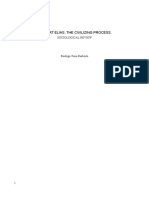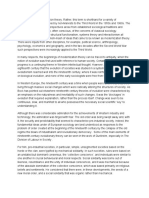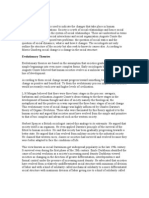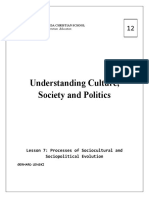0% found this document useful (0 votes)
65 views7 pagesCivilizing Process - Revised180712
CIvilizing process book. very soph
Uploaded by
rosyrosy2006aprilCopyright
© © All Rights Reserved
We take content rights seriously. If you suspect this is your content, claim it here.
Available Formats
Download as PDF, TXT or read online on Scribd
0% found this document useful (0 votes)
65 views7 pagesCivilizing Process - Revised180712
CIvilizing process book. very soph
Uploaded by
rosyrosy2006aprilCopyright
© © All Rights Reserved
We take content rights seriously. If you suspect this is your content, claim it here.
Available Formats
Download as PDF, TXT or read online on Scribd
/ 7


























































